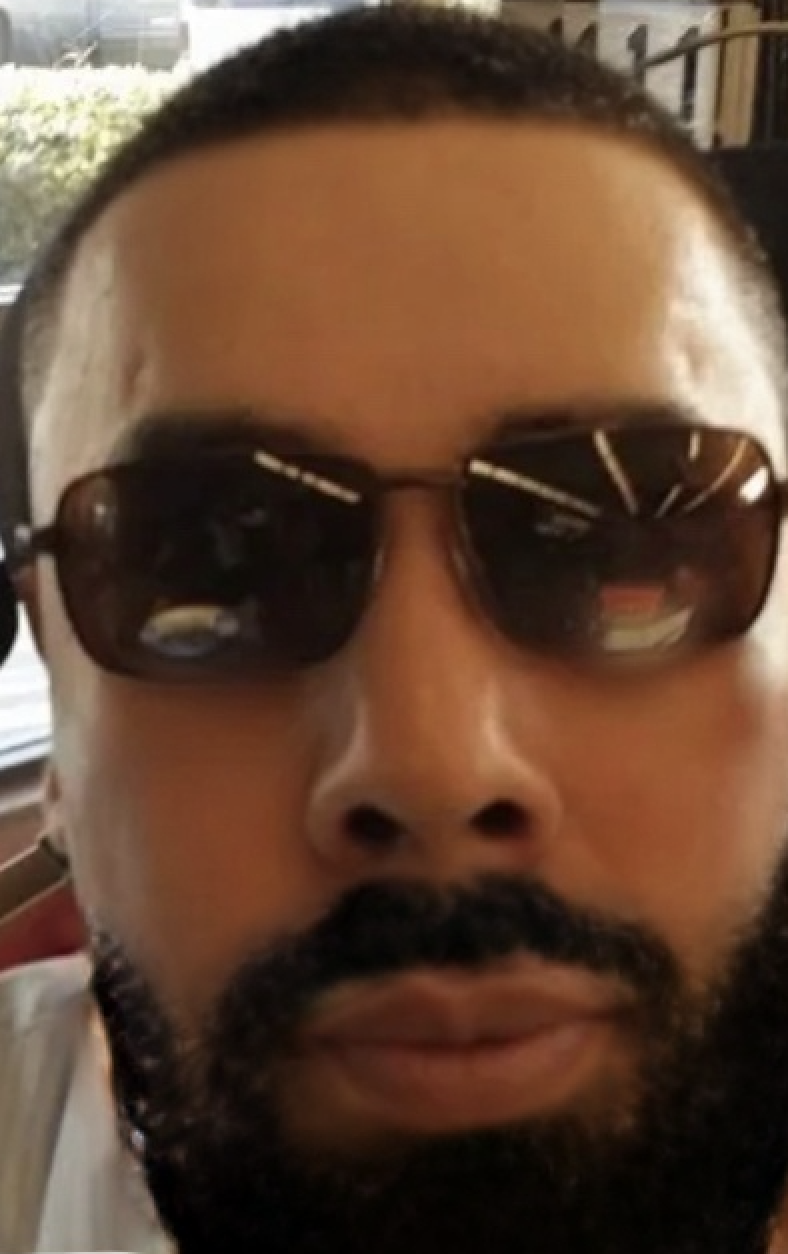There is a land where every stone bleeds memory.
A place where history is not just remembered—it is relived, every day.
Here, the past is not behind—it is beneath, above, and within.
That land is between the Jordan River and the Mediterranean Sea.
And the central, agonizing question remains:
Why are Israel and Palestine still at war?
This investigation, built over months of travel and dozens of interviews, reveals a conflict not just over territory, but over identity, grief, and divine inheritance.
Let us begin where the trouble began: in a promise.
A Promise Carved in Stone
For Jews and many Christians, the land is a sacred promise.
Promised by God. Delivered by history. Defended by necessity.
To Zionists, this was not conquest. It was return.
To Palestinians, this was invasion by theology.
In the late 19th century, Zionism emerged as a political movement to escape rising European anti-Semitism.
The destination? Palestine—then under Ottoman control.
Jews arrived in waves. Some bought land. Others settled via donations from European benefactors.
Arabs, who had lived there for generations, were suddenly neighbors to new, determined settlers with political ambition and global support.
Tensions grew.
Then came British rule.
Under the British Boot
After World War I, Britain took control of Palestine.
The Balfour Declaration (1917) promised support for a "Jewish homeland."
Palestinian Arabs felt betrayed.
Between 1920 and 1939, both sides clashed.
Palestinians revolted.
Jewish militias retaliated.
The British cracked down.
Trust evaporated.
And fear metastasized.
Then came the darkest chapter in Jewish history.
Auschwitz and Exodus
The Holocaust changed everything.
Six million Jews were murdered by Nazi Germany.
Entire communities—erased.
After World War II, surviving Jews had nowhere to go.
For them, a homeland wasn’t a dream. It was survival.
The world, shamed by inaction, opened its ears.
In 1947, the UN proposed partitioning Palestine into two states.
The Jewish leadership said yes.
The Arab leadership said no.
And on May 14, 1948, Israel declared independence.
1948: Birth and Catastrophe
The next day, five Arab nations invaded.
Israel, against the odds, held its ground.
But in the process, over 700,000 Palestinians were expelled or fled.
Their homes were taken. Their villages—some 400 of them—destroyed.
They call it the Nakba, or “catastrophe.”
Families scattered to refugee camps in Lebanon, Syria, Jordan, Gaza.
Israel called it independence.
Palestinians called it exile.
Two nations. Two truths. One war.
1967: The Six Days That Changed the Map
In June 1967, amid escalating tension, Israel launched a preemptive strike.
In six days, it seized the West Bank, Gaza, East Jerusalem, the Sinai Peninsula, and the Golan Heights.
For Israel, this was security and destiny fulfilled.
For Palestinians, it was the tightening of a noose.
What had been exile became occupation.
The West Bank and Gaza fell under Israeli military control.
Settlements began.
Palestinian identity hardened.
Resistance turned into intifada.
Faith Turns to Fire
This conflict is more than politics.
It is scripture.
Many evangelical Christians in the United States believe Israel’s rebirth is prophetic.
They send billions in support.
For them, defending Israel is defending God’s plan.
Palestinian militants, meanwhile, cite Islamic teachings.
They frame resistance as jihad—a holy duty.
When God enters war, peace becomes blasphemy.
The Occupation Machine
For over five decades, the Israeli occupation of the West Bank has grown.
Nearly 500,000 Israeli settlers now live beyond the 1967 borders.
Checkpoints restrict Palestinian movement.
The barrier wall snakes through towns and olive groves.
Jerusalem, once envisioned as a shared capital, is increasingly under Israeli sovereignty.
Gaza, under blockade, has become a pressure cooker.
Its air choked with drones.
Its skyline punctured by missile trails.
The Parallel Wounds
What we found, most painfully, is this:
Both peoples are traumatized.
Both peoples feel under siege.
In Ramallah, we met an old man who carried a rusty key.
"This opened my front door in Jaffa," he said.
He hasn’t seen that door in 75 years.
In Tel Aviv, we met a Holocaust survivor who showed us a family photo.
"I’m the only one alive," she whispered.
Neither can forget. Neither will.
The Global Stage
Today, this isn’t a local fight.
It lives in headlines, hashtags, and diplomatic halls.
Every explosion in Gaza is debated in New York.
Every Israeli airstrike is condemned or defended in Paris.
In American politics, support for Israel is an iron triangle—military, moral, theological.
Meanwhile, pro-Palestinian voices grow in Western youth movements.
The world has picked sides.
But few have picked understanding.
What We’ve Learned
This isn’t about good guys or bad guys.
It’s about two peoples fighting for dignity.
Two stories so compelling they can’t hear each other.
Israelis seek safety from a world that has repeatedly turned against them.
Palestinians seek a homeland from which they were expelled.
Both feel righteous.
Both feel wronged.
Both are right. And both are wrong.
Where Does Peace Begin?
It does not begin with policy.
Or borders.
Or speeches.
Peace begins in mourning.
In the quiet rooms where grief is shared.
Where mothers cry for sons—Israeli or Palestinian—lost to a war neither started.
We met two such mothers.
They had never spoken to each other.
But their tears rhymed.
The Land Will Remember
Until both peoples can recognize their shared suffering...
Until history is taught not as a weapon but as a warning...
Until leaders stop using faith to justify destruction...
The land will continue to remember.
Every martyr.
Every massacre.
Every missed opportunity for peace.
%20(4).png)



.png)

.png)


%20(3).png)
